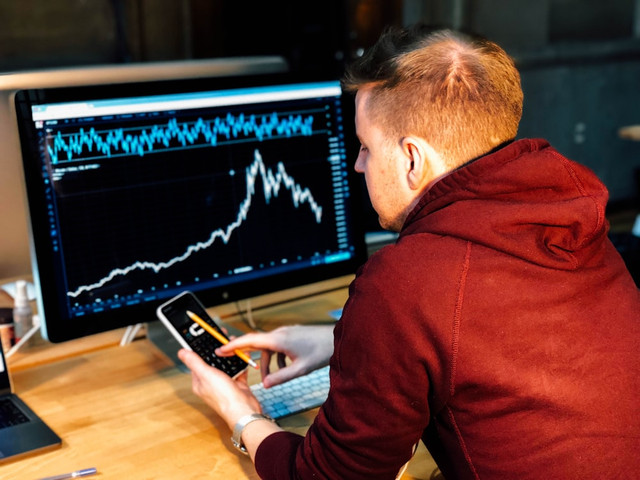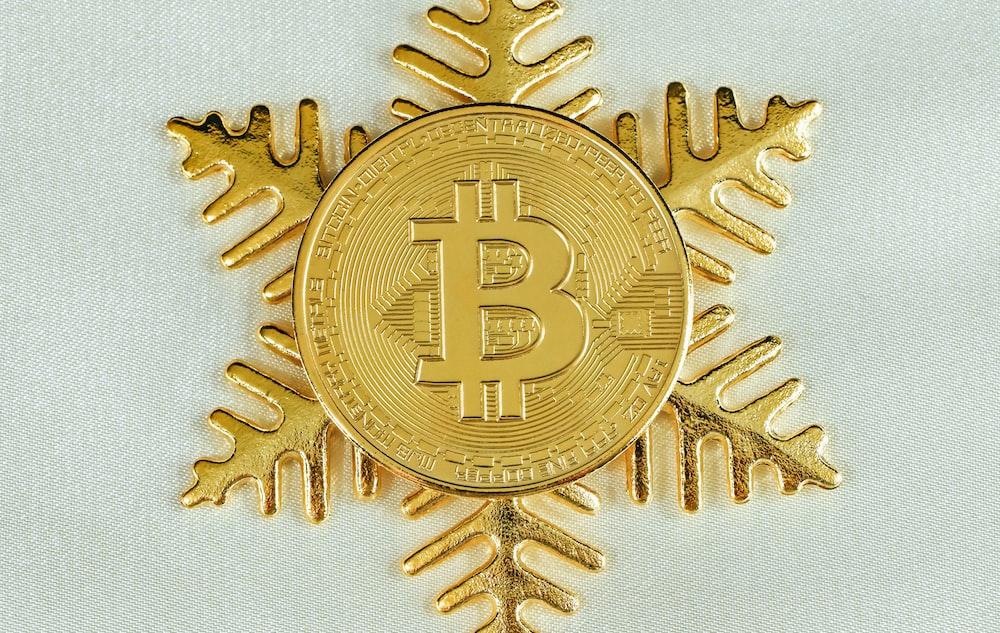Cryptocurrency is a virtual currency based on a peer-to-peer system and secured using cryptography. Cryptocurrency runs on blockchain technology which maintains a decentralised and secure record of crypto transactions. Cryptocurrencies are not issued by any authority making them less controlled by governments.
Cryptocurrency is revolutionising the way businesses transact. It is cheaper to transact with crypto since the transaction fees are lower than that of credit cards. Some business owners and investors are gradually increasing Cryptocurrency investment in Singapore to reduce the involvement of banks in business transactions, increase transaction speed and facilitate instant payments.
Moreover, crypto has reduced or eliminated chargeback since traders and fraudsters cannot reverse payments made with the cryptocurrency after they are committed into the digital ledger. Additionally, businesses that prefer maintaining privacy can now transact anonymously. These factors are spurring the growth of companies and consequently boosting the global economic system.
With that in mind, what can cryptocurrency bring into the global economic system? The global economic and financial system has a lot to gain from cryptocurrency, which includes but are not limited to:
1. Improved Cross-border Trade
Trading between two economies or countries using different fiat currencies is time-consuming, expensive, and limiting. This inefficiency is due to businesses trading through banks and exchanging currencies.
Additionally, some currencies are superior to others, making it expensive for businesses trading using the currency with a lower value. This inequality can discourage cross-border trade and limit economic growth.
Cryptocurrency offers a lifeline to cross-border trade. As more countries and companies adopt cryptocurrency, there will be improved equality in trading since, in the absence of fiat currency, one bitcoin is equal to another bitcoin. Trading using cryptocurrency will reduce transaction delays and costs. This efficiency will encourage individuals and businesses to trade more across the border.
2. Alternative Means of Trading
Barter trade transitioned to currency-backed trading. It is now time for fiat currency to give way to crypto-backed trading. Barter trade was based on social understanding while government authorities and international organizations have regulated currency-backed trading.
On the other hand, cryptocurrency enables a whole new level of trading based majorly on market forces. The quality and availability of coins control these forces.
Businesses and individuals can now trade more and faster using virtual currency. This new means of trading will boost trade and spur growth in the global economic system.
3. The Emergence of a New Market
Forex trading was the reigning form of online trading before the emergency of cryptocurrency. With the growth in the number of cryptocurrencies and the increasing adoption of stable coins, a new market is emerging.
A new market creates room for new traders and facilitators. This new market has crypto creators, centralized and decentralized exchange platforms, buyers, sellers, miners, IT specialists, content creators, and transaction authenticators.
This new market is boosting the global economy by improving cash flow and creating new job and wealth opportunities.
4. Increased Asset Classes
For a long time, trading was based on traditional asset classes such as real estate, equities, stocks, bonds, cash, and cash equivalents, derivatives, precious metals, and fiat currencies.
Cryptocurrency unveiled a new asset class consisting of over 2,000 crypto coins such as bitcoin, Etherium, Dogecoin, Litecoin, Ripple, Shibu Inu, and Binance coin.
Cryptocurrency is no longer viewed as a trade facilitator only. It’s now considered an asset class with people holding coins worth millions. This method of holding is referred to as “holding” in the cryptocurrency industry.
People buy and sell crypto to make quick profits or “hold,” hoping to reap huge gains in the future as the coin stabilizes and increases its value. This has been the main form of cryptocurrency investment in Singapore.
A new asset class means more trading, boosting the global economic system. This asset class creates a new way of looking at wealth as one’s wealth can now be calculated based on the number and value of cryptocurrency they hold.
The Future of Cryptocurrency
Cryptocurrency will continue to play a crucial role in the global economic system. More countries and companies are adopting cryptocurrency, and pressure is mounting on critics, skeptics, and authorities to accept it as an official means of transacting business.
Cryptocurrencies are helping boost growth in developing countries that have been excluded from international trade or had limited access to global markets.
Businesses and individuals in developing countries can trade across the border without financial intermediaries or worrying about currency limitations.
Migrant workers who have invested in cryptocurrency in Singapore will soon start remitting money to their countries of origin in cryptocurrency. They will be avoiding high transaction fees and the inferiority of their home currencies.



